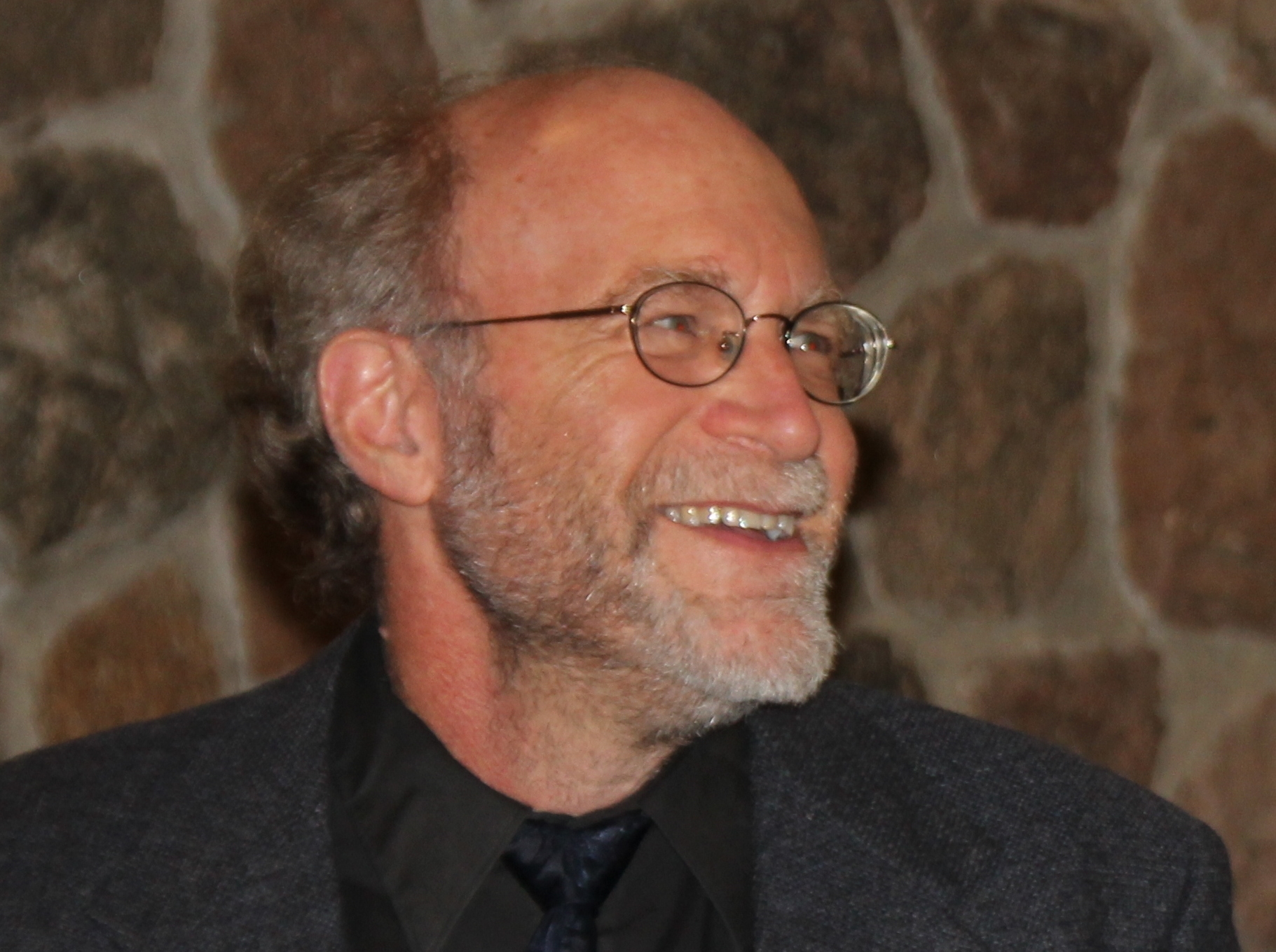This issue of the Journal of Mennonite Writing appears in the midst of the first large-scale land war between nations in Europe in 75 years. The daily news of the Russian assault on Ukraine, images of destruction, reports of atrocities, and millions of refugees fleeing the war-torn country, threaten to make everything else seem unimportant, even to those of us more or less safe on another continent. Yet even as those of us in relative safety wonder what we can and should do to help, the dailiness of our lives continues, reassuring and disconcerting at once (at least for this writer).
So it seems right, or at least necessary, to carry on with our ordinary work, and especially to continue the acts of creation and sustenance that make us more than mere consumers, more than cogs in the grand machine of capital, consumption, and destruction.
With this issue, I’ve also joined the (very small) staff of the journal, happy to work again with my friend Ann Hostetler. As we discussed a title for this issue, I recalled that we’d tossed around terms like “displacement” and “disruption,” referring both to the moment and to the pieces we’d accepted. Ann suggested adding “Embodiment”:
The word popped up for me when I was thinking about incarnation. What are the forms of embodiment that we aren’t necessarily thinking of when we say God became a person… Transgender? Amputee? Refugee? A whole being who does not conform to the general social ideal… Embodiment works with disruption and displacement, but I wouldn’t want to suggest that any of the identities I’ve listed are aberrations. Maybe you’ll find inspiration in the story of that ditch with the rotting raccoon?
More later on that raccoon (actually a beaver, and dead but still mainly intact). This issue indeed offers quite different angles on particularly embodied displacements and disruptions. Only Dora Dueck’s story, of a woman fleeing Russian tyranny in an earlier time, is plausibly connected to Ukraine and the present war, but poems by Victor Enns and Julie Moore examine parallel disruptions of beloved bodies; all these texts remind us that such traumas are not new, nor evenly distributed, nor reserved for those who deserve them.
Dora Dueck’s story begins in 1929, in the Omsk settlement in western Siberia, in what was then the USSR, her desperate protagonist among thousands of Mennonites attempting to flee the Soviets even as she mourns her infant son. The broad outlines of the exodus of Mennonites from Ukraine and neighboring regions following the Russian Revolution has often been told, but as Dueck’s story traces one line of that complex story and the difficult choices her protagonist makes and then must live with, she reminds us that every refugee’s story is personal, particular, and deserving of attention.
In a very different register, Victor Enns’ raw, diaristic poems also grapple with disruption—in his case, with the challenges of multiple bodily ailments as well as the comfort and possibilities of a new beloved. These brief but intricate poems open new windows in their treatment of pain, disability, and endurance.
Julie Moore’s finely wrought poems call us to explore the hidden contours of disruptions of several sorts—a child’s journey into their true gender identity, a belated Easter snow, even the wet tongue of a family pet. If we can find the patience and steadiness of spirit to see such matters truly, she suggests, we may find the miraculous inbreak of the sacred in places that seem most unlikely.
Raylene Hinz-Penner’s poems speak to still other forms of displacement: in “Pentecost 2020” her long-dead father returns, not in her own dream but her husband’s, bringing with him unexpected but not unwelcome guests. And in “Day-Lilies,” as she wonders at the many varieties of these flowers blooming around her new retirement place, the gradually unfolding story of their origin provides a marvelous antidote to her own sense of disorientation.
I received a copy of Todd Davis’s new book of poems Coffin Honey just as Ann and I began work on this issue, and am seizing this chance to write about the book—which is engaged, if not obsessed, with issues of embodiment and the disruptions of human activity and climate change—and about Todd, not as an “objective” reviewer, but as a close reader and long-term admirer of his work.
Finally, Carol Ann Weaver reviews Merle Good’s first new novel in many years, Christine’s Turn, returning to long-standing but still relevant questions about how Mennonite identity may be revealed, concealed, and negotiated in fiction.
